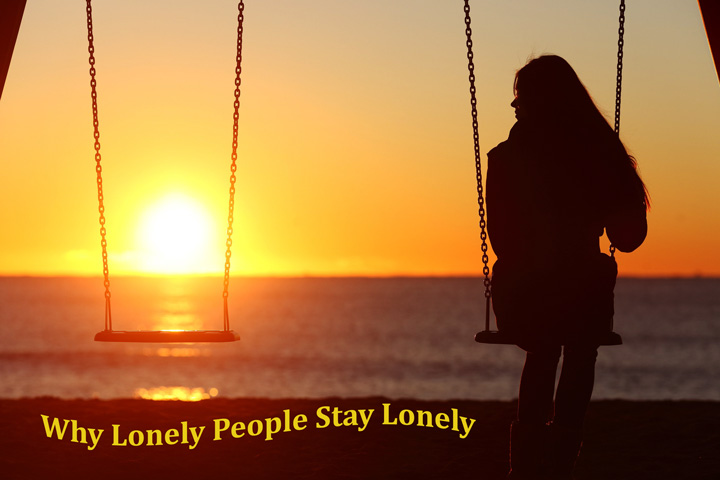 Nobody likes feeling lonely, and some recent research suggests that the ache of isolation isn’t only a psychological problem; unwanted solitude impacts physical health, too. Loneliness increases a person’s risk of mortality by 26 percent, an effect comparable to the health risks posed by obesity, according to a study published this spring.
Nobody likes feeling lonely, and some recent research suggests that the ache of isolation isn’t only a psychological problem; unwanted solitude impacts physical health, too. Loneliness increases a person’s risk of mortality by 26 percent, an effect comparable to the health risks posed by obesity, according to a study published this spring.
And because of this new evidence of the serious ramifications of loneliness, some researchers are investigating what it is, exactly, that makes lonely people stay lonely. In particular, could some behavior be at the root of their isolation? One long-held theory has been that people become socially isolated because of their poor social skills — and, presumably, as they spend more time alone, the few skills they do have start to erode from lack of use. But new research suggests that this is a fundamental misunderstanding of the socially isolated. Lonely people do understand social skills, and often outperform the non-lonely when asked to demonstrate that understanding. It’s just that when they’re in situations when they need those skills the most, they choke.
It may be difficult to trick yourself into believing your nerves are from caffeine and not the fact that you really, really, really want to make a good impression in some social setting, but there are other ways to change your own thinking about anxiety. One of my recent favorites is from Harvard Business School’s Alison Wood Brooks, who found that when she had people reframe their nerves as excitement, they subsequently performed better on some mildly terrifying task, like singing in public. At the very least, this current research presents a fairly new way to think about lonely people. It’s not that they need to brush up on the basics of social skills — that they’ve likely already got down. Instead, lonely people may need to focus more on getting out of their own heads, so they can actually use the skills they’ve got to form friendships and begin to find a way out of their isolation.
Life is rough for the socially anxious. Research suggests that people who struggle with social anxiety aren’t as successful at school or work as their non-socially anxious peers, and they also (not surprisingly) tend to have fewer friends. But there may be a simple way for people to tamp down some of those debilitating nerves: Just be nice.
Previous research has indicated that there is a kind of symbiotic relationship between self-focused attention and social anxiety, in that anxiety makes people more likely to draw their focus inward — likewise, focusing on yourself seems to increase anxiety. This new finding may point to a way out of that vicious, anxious circle. Doing small good deeds for other people naturally turns your focus outward, which may leave less room for obsessive self-reflection.